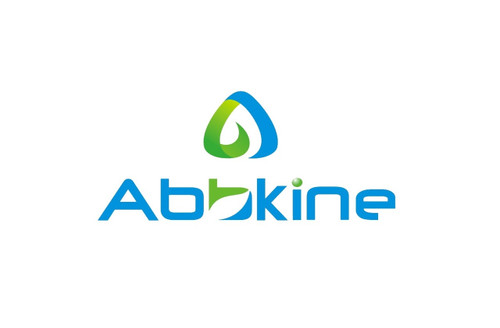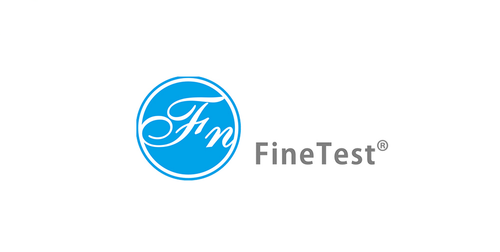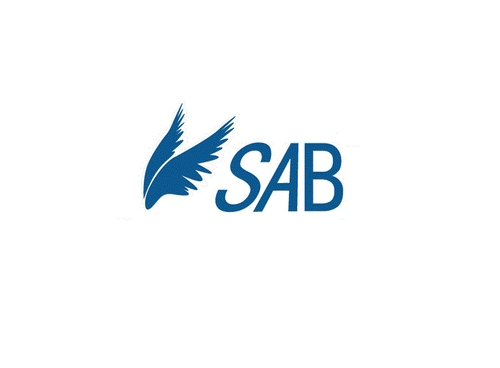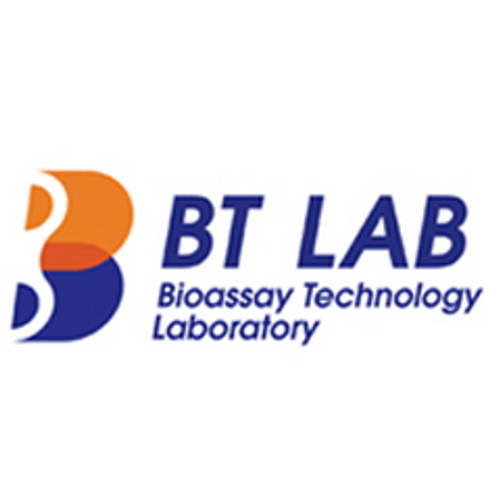Product Description
Rat Platelet-Derived Growth Factor AB (PDGF-AB) ELISA Kit | KTE100495 | Abbkine
Application: This Rat Platelet-Derived Growth Factor AB (PDGF-AB) ELISA Kit employs a two-site sandwich ELISA to quantitate PDGF-AB in samples. An antibody specific for PDGF-AB has been pre-coated onto a microplate. Standards and samples are pipetted into the wells and anyPDGF-AB present is bound by the immobilized antibody. After removing any unbound substances, a biotin-conjugated antibody specific for PDGF-AB is added to the wells. After washing, Streptavidin conjugated Horseradish Peroxidase (HRP) is added to the wells. Following a wash to remove any unbound avidin-enzyme reagent, a substrate solution is added to the wells and color develops in proportion to the amount of PDGF-AB bound in the initial step. The color development is stopped and the intensity of the color is measured.
Detection Method: Colorimetric
Conjugate: N/A
Sample Type: Cell culture supernatants#Serum#Plasma#Other biological fluids
Assay Type: Multiple steps standard sandwich ELISA assay with a working time of 3-5 hours. It depends on the experience of the operation person.
Kit Component: • Rat Platelet-Derived Growth Factor AB microplate
• Rat Platelet-Derived Growth Factor AB standard
• Rat Platelet-Derived Growth Factor AB detect antibody
• Streptavidin-HRP
• Standard diluent
• Assay buffer
• HRP substrate
• Stop solution
• Wash buffer
• Plate covers
Features & Benefits: Rat Platelet-Derived Growth Factor AB (PDGF-AB) ELISA Kit has high sensitivity and excellent specificity for detection of Rat PDGF-AB. No significant cross-reactivity or interference between Rat PDGF-AB and analogues was observed.
Calibration Range: Please inquire
Limit Of Detection: Please inquire
Usage Note: • Do not mix components from different kit lots or use reagents beyond the kit expiration date.
• Allow all reagents to warm to room temperature for at least 30 minutes before opening.
• Pre-rinse the pipet tip with reagent, use fresh pipet tips for each sample, standard and reagent to avoid contamination.
• Unused wells must be kept desiccated at 4 °C in the sealed bag provided.
• Mix Thoroughly is very important for the result. It is recommended using low frequency oscillator or slight hand shaking every 10 minutes.
• It is recommended that all samples and standards be assayed in duplicate or triplicate.
Storage Instruction: The unopened kit should be stored at 2 - 8°C. After opening, please store refer to protocols.
Shipping: Gel pack with blue ice.
Precaution The product listed herein is for research use only and is not intended for use in human or clinical diagnosis. Suggested applications of our products are not recommendations to use our products in violation of any patent or as a license. We cannot be responsible for patent infringements or other violations that may occur with the use of this product.
Background: Two types of PDGFRs have been identified: alpha type and beta type PDGFRs. The alpha type binds to PDGF-AA, PDGF-BB and PDGF-AB while the beta type PDGFR binds with high affinity to PDGF-BB and PDGF-AB. Upon activation by PDGF, these receptors dimerise, and are "switched on" by auto-phosphorylation of several sites on their cytosolic domains, which serve to mediate binding of cofactors and subsequently activate signal transduction, for example, through the PI3K pathway. The different ligand isoforms have variable affinities for the receptor isoforms, and the receptor isoforms may variably form hetero- or homo- dimers. This leads to specificity of downstream signalling. It has been shown that the cis oncogene is derived from the PDGF B-chain gene. PDGF-BB is the highest-affinity ligand for the PDGFR-beta; PDGFR-beta is a key marker of hepatic stellate cell activation in the process of fibrogenesis.
Alternative Names: PDGF-AB
Search name: PDGF-AB
Tag: PDGF
 Euro
Euro
 USD
USD
 British Pound
British Pound
 NULL
NULL












